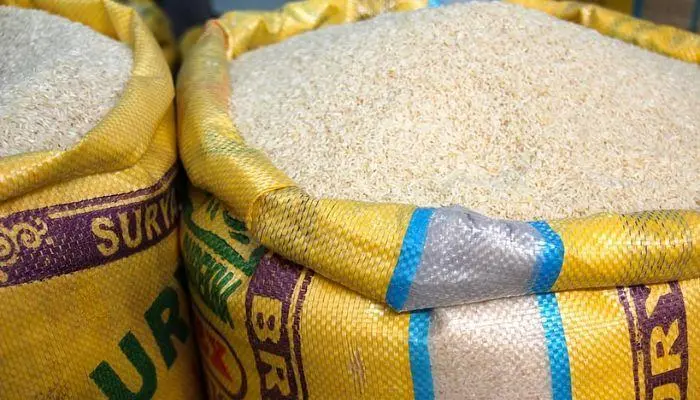According to the latest Rice Outlook report from the U.S. Department of Agriculture (USDA), Nigeria is anticipated to import 2.1 million metric tons of rice in 2024, potentially making it the world’s leading rice buyer. The global rice trade is projected to reach about 52.85 million tons (milled basis) by 2024, with increased exports from Brazil and South Korea and elevated imports by Burkina Faso, Indonesia, and Nigeria.
The report highlights:
- Global rice trade in 2024 is estimated at 52.85 million tons (milled basis), with increased export forecasts for Brazil and South Korea and higher import forecasts for Burkina Faso, Indonesia, and Nigeria.
- Weaker rice production is expected in Nigeria and seven other countries, including Japan, South Korea, Costa Rica, Ecuador, Mali, Turkey, and Uzbekistan.
- Global rice production in 2023/24 is projected at a record 517.8 million tons (milled basis), a decrease of 340,000 tons from the previous forecast but 4.4 million tons larger than the previous year.
- Nigeria’s rice production is expected to be around 5.23 million tons in 2023/24.
- Nigeria is anticipated to be the top rice importer in 2024, followed by Indonesia and Brazil.
- The import forecast for Nigeria was raised by 100,000 metric tons, attributed to stronger-than-expected demand for imported rice due to high domestic rice prices and quality concerns.
The recent removal of foreign exchange restrictions by the Central Bank of Nigeria (CBN) on rice and other items is expected to encourage rice imports. Some farmers support this move, stating that it breaks the monopoly of local millers. While official data showed a decrease in rice imports, there is a likelihood of increased smuggling of foreign rice into the country.
As Nigeria navigates its rice import dynamics, monitoring the impact on the local economy and agricultural sector will be crucial.


